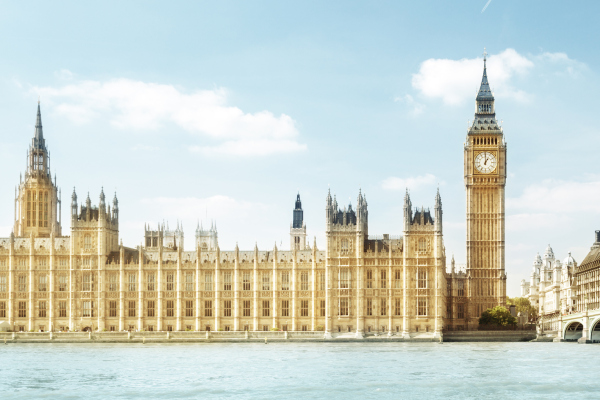The Government has announced plans for a major conditions strategy, that will include mental health.
Health Secretary Steve Barclay today issued a short statement explaining the strategy will focus on ‘whole-person care’. He said it will bring approaches on cancers, cardiovascular diseases, such as stroke and diabetes, chronic respiratory diseases, dementia, musculoskeletal disorders and mental ill health together into one integrated strategy.
A consultation will be launched on it this summer.
It’s expected this will replace plans for the long-awaited 10-year mental health strategy, which the government consulted on last year.
But no further details about what the strategy may include – or how mental health will be incorporated into it – have been announced at this stage.
Martin Bell, our Head of Policy and Public Affairs, said: “While we welcome this announcement, it’s disappointing to see more time is being lost while people in desperate need of mental health support wait for the Government to get on with bringing forward this strategy.
“People who are stuck on waiting lists, or unable to access life-changing therapy, need action now, not more empty promises.
“It’s absolutely crucial that this strategy prioritises the public’s needs and also ensures counsellors and psychotherapists are employed to deliver these services, as they have a critical role to play.
“Our members need to be fully recognised by the NHS and Government as a key workforce for meeting the growing demand for mental health support, that has been exacerbated by both the COVID-19 pandemic and the cost of living crisis.”
We’re pleased to see the strategy will have a focus on ‘whole person care’ and that this includes recognition of the need for a cross-Government approach to tackling health inequalities.
Integrated care systems will play a key part in this at a local level, and we believe they will need to prioritise improving primary care mental health services, such as improving access to a wider range of interventions, including counselling and psychotherapy.
We also welcome the commitment to the suicide prevention strategy.
However, as a member of the Inequalities in Health Alliance, we're disappointed that the strategy has been accompanied by confirmation of the Government’s decision not to publish the long-awaited Health Disparities White Paper.
While the major conditions strategy acknowledges geographical disparities related to the priority conditions, it doesn't include action to tackle deep-rooted inequalities which urgently need cross-government action.
We’ll be responding to the Government’s consultation and will update members when the Government shares more detail of this strategy.

Working together to influence change - a quick guide
We need your support to help us influence change. Our guide contains suggestions for action that take just a few minutes but could have a significant impact.

Influencing decision makers
We work with with politicians and decision makers from all four nations to help them understand the positive changes that counselling can make to people's lives.

Support our campaign to champion counselling and psychotherapy
Sign our petition and help to influence the UK Government's ten year mental health plan.
